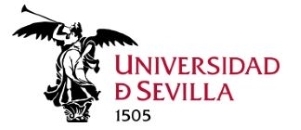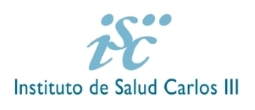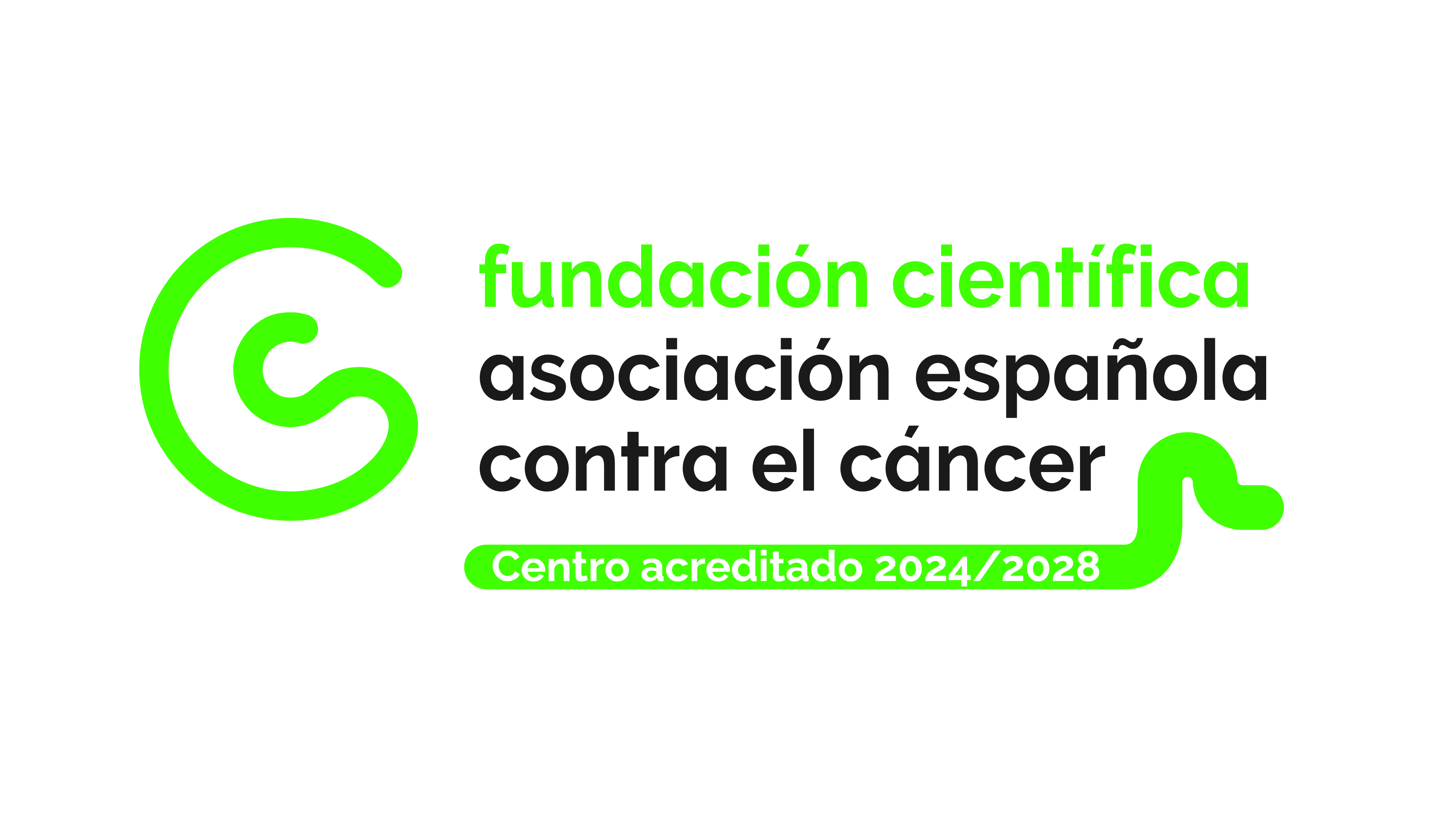Título del proyecto: Identificación de biomarcadores en sangre para encefalopatía hipoxico-isquémica neonatal: estudio de poblaciones celulares desreguladas mediante Single-Cell RNA-seq (PI-0082-2024)
Financiación: 119.830,00 €
Organismo financiador: Consejería de Salud y Consumo. Junta de Andalucía.
Resumen: Neonatal neurovascular diseases cause high mortality and disability. Early diagnosis is crucial, but current methods fail to detect cellular heterogeneity. Single-cell RNA sequencing (scRNAseq) enables characterization of disease-related cell populations. In a neonatal hypoxic-ischemic encephalopathy animal model, we found that after the acute inflammatory phase, inflammatory responses and circulating pro-angiogenic monocytes decrease, suggesting a coordinated reparative role. Protein and anatomical validations confirm these findings. This project will apply scRNAseq, proteomics, and cytometry to blood from affected neonates to create a transcriptional atlas, identify biomarkers, and design therapies aimed at improving outcomes.
IP: Patricia Ybot González ; Co-IP: Ariel Matías Kaen
Otro personal adscrito al proyecto:
- María José Sánchez Sanz
- Mónica Rivero Garvía
- Mª Dolores Gomez Bustos
- Eva Patricia Torres Begara
- Cristina Duque Sánchez
- Pedro J. Jiménez Parrilla
- Elía Sanchez Valderrabanos
- Elena Arce Portillo
- Irene Alonso Pérez
- Paloma Menéndez
- María Irene Ayuso
- José María Santos Pereira
- Alejandro Fuerte Hortigón
--------------------------------
Título del proyecto: Búsqueda de poblaciones celulares sanguíneas desreguladas tras un ictus pediátrico a través del análisis transcripcional de célula única, Single-Cell RNA-seq (FPS-0053-2022)
Financiación: 119.887,50 €
Organismo financiador: Fundación Progreso y Salud. Consejería de Salud y familias. Junta de Andalucía.
Resumen: Perinatal neurovascular diseases are a leading cause of death and disability, with persistent motor, sensory, and cognitive sequelae. Early diagnosis is essential, yet current strategies (physical exams, neuroimaging, clinical judgment) have limitations. The low resolution of biochemical and immunological techniques hinders characterization of circulating cellular heterogeneity, relevant for diagnosis and therapy. Single-cell RNA sequencing (scRNAseq) enables analysis of immune and progenitor cell subgroups involved in pediatric brain injury. This project, in both murine models and patients, aims to identify these populations to discover biomarkers, develop therapeutic interventions, and improve survival and quality of life for affected children and families.
IP: Patricia Ybot González ; Co-IP: Mónica Rivero Garvía
Otro personal adscrito al proyecto:
- María José Sánchez Sanz
- Cristina Duque Sánchez
- Pedro J. Jiménez Parrilla
- Elía Sanchez Valderrabanos
- Elena Arce Portillo
- Irene Alonso Pérez
- Paloma Menéndez
- Alejandro Fuerte Hortigón
- Pablo Caro Domínguez
- LLuis Sempere
- Beatriz Fernández Santos
- Ana Méndez Santos
- Ana Domínguez Mayoral
- Marta Reyes
- Peter Olbrich
--------------------------------
Título del proyecto: Papel de la nutrición y la microbiota materna en el desarrollo embrionario y evaluación de como su modulación puede prevenir enfermedades asociadas al neurodesarrollo (P20_01267)
Financiación: 125.800,00€
Organismo financiador: Ayudas Proyectos I+D+i destinadas a universidades y entidades públicas de investigación. Agencia Andaluza del Conocimiento. Consejería de Transformación económica, industria, conocimiento y universidades. Junta de Andalucía.
Resumen: In recent years, maternal diet and nutritional status before and during pregnancy were identified as key factors in fetal development and offspring health. The gut microbiota influenced macro- and micronutrient availability by contributing to vitamin extraction and synthesis. This project, using mouse models, evaluated the impact of maternal dietary supplementation on the prevention of neural tube defects and neuronal damage from neonatal stroke. It also examined how supplementation and microbiota composition modulated metabolism, immune system development, and their relationship to neuronal damage. Immunophenotyping analyses explored correlations between gut microbiota, maternal supplementation, and brain injury outcomes in stroke models.
IP: Patricia Ybot González ; Co-IP: Mónica Rivero Garvía
Otro personal adscrito al proyecto:
- Lluis Sempere
- Rut Fernández
- Rocío de la Puerta
- Ana Domínguez
- Lucas Cerrillos
- Irene Alonso
- Antonio González-Meneses
--------------------------------
Título del proyecto: Suplemento de la dieta materna para prevenir enfermedades neuropediátricas y evaluación de su impacto en la microbiota
Financiación: 147.620,00€
Organismo financiador: Proyecto de Investigación en Salud. Instituto de Salud Carlos III.
Resumen: This project addressed two neuropediatric diseases causing high neonatal mortality and disability: neural tube defects (NTDs) and neonatal neurovascular diseases (NVDs). NTDs, the second most frequent human congenital anomaly, were linked to failures in neurulation; our group identified heterozygous embryos for Wnt-PCP pathway mutants as a mouse model of spina bifida occulta. NVDs, such as hypoxic-ischemic encephalopathy and stroke, also caused structural brain damage. Using mouse models, we evaluated the impact of maternal dietary supplementation on preventing NTDs and neuronal damage, and analyzed its effect on gut microbiota composition and its influence on nutrient metabolism and absorption of physiologically protective metabolites.
IP: Patricia Ybot González ; Co-IP: Javier Marquez Rivas
Otro personal adscrito al proyecto:
- Lluis Sempere
- Rocío de la Puerta
- Ana Domínguez
- Lucas Cerrillos
- Irene Alonso
- Antonio González-Meneses
- Mercedes Villar
- Alejandro Fuerte















